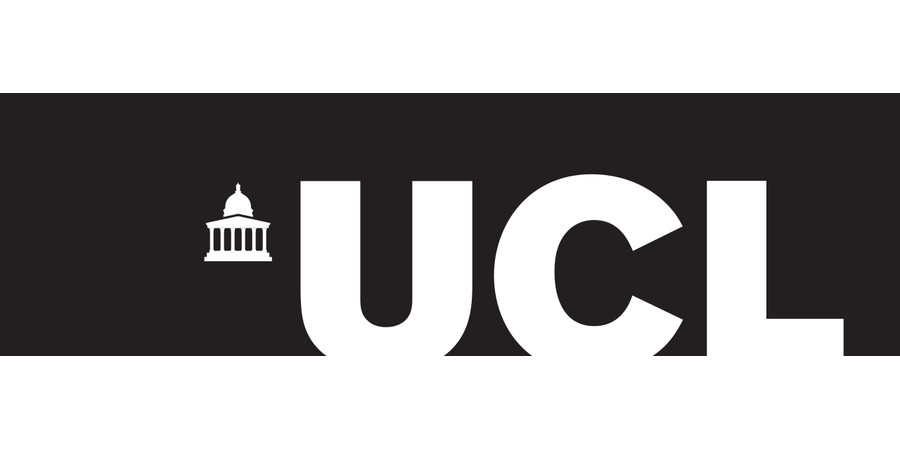Research Assistant
UCL - Burns Laboratory
| Location: | London |
|---|---|
| Salary: | £38,357 to £41,005 |
| Hours: | Full Time |
| Contract Type: | Fixed-Term/Contract |
| Placed On: | 4th November 2024 |
|---|---|
| Closes: | 17th November 2024 |
| Job Ref: | B02-07922 |
About us
The Burns Laboratory is focused on Inborn errors of immunity (IEI) - a group of rare inherited diseases that result in immunodeficiency and/or autoimmunity, inflammation and malignancy. Our research group aims to understand the molecular and cellular pathogenesis of these diseases, both to identify new causative genes and to understand how specific genetic mutations or variants of unknown significance impact immune cell function. For this we use a combination of bioinformatic approaches, in-vitro cell line models and primary cells. We aim to improve genetic diagnosis of IEI, understand how different mutations in specific IEI genes contribute to variation in disease phenotype and test whether targeted IEI drug therapies correct immune cell function.
For this project, the Burns laboratory is collaborating with Professor Helen Lachmann, a world expert in Systemic Autoinflammatory Diseases (SAID). She leads the diagnostic laboratory service that provides national genetic diagnosis of SAID and a co-located clinical service at the Royal Free Hospital that cares for the largest and broadest cohort of adults and adolescents in the world with these group of diseases.
About the role
This project aims to enhance the diagnosis and understanding of Systemic Autoinflammatory Disorders (SAID), which are characterized by recurrent severe inflammation and fever. The use of next-generation genetic sequencing (NGS) has improved the diagnosis of SAID by identifying a broader range of disease presentations and genetic patterns, and by pinpointing patients who can benefit from specific treatments. However, NGS has also complicated diagnosis by revealing many genetic variants of unknown significance (VUS).
To address this, the project will develop and validate laboratory tests for immune cell function related to SAID genes. These tests will be used to assess the impact of genetic variants in patients with confirmed SAID and those with suspected SAID who have VUS, ultimately improving diagnosis and patient care.
About you
We are seeking a scientist motivated to work in translational immunology on a project with direct relevance to patients. Given the goal of the project to develop robust diagnostic assays we are looking for someone who is organised in their approach to work, able to troubleshoot and who keeps careful records. You should be able to work both independently and as part of a team. Some experience in teaching or supervising is desirable as the post-holder will work with the Burns laboratory to supervise BSc, Msc and PhD projects in the laboratory.
Please see the attached job description and person specification for full details.
All applications must include a supporting statement, telling us, using examples, how you meet the essential criteria listed in the job description. Applications without a supporting statement will be rejected.
If you have any queries about the role or application process, technical issues, or need reasonable adjustments or a more accessible format to apply for this job online, please contact the staffing team.
What we offer
As well as the exciting opportunities this role presents, we also offer some great benefits. Please visit https://www.ucl.ac.uk/work-at-ucl/reward-and-benefits to find out more.
Our commitment to Equality, Diversity and Inclusion
As London’s Global University, we know diversity fosters creativity and innovation, and we want our community to represent the diversity of the world’s talent. We are committed to equality of opportunity, to being fair and inclusive, and to being a place where we all belong.
Advert information
Type / Role:
Subject Area(s):
Location(s):









